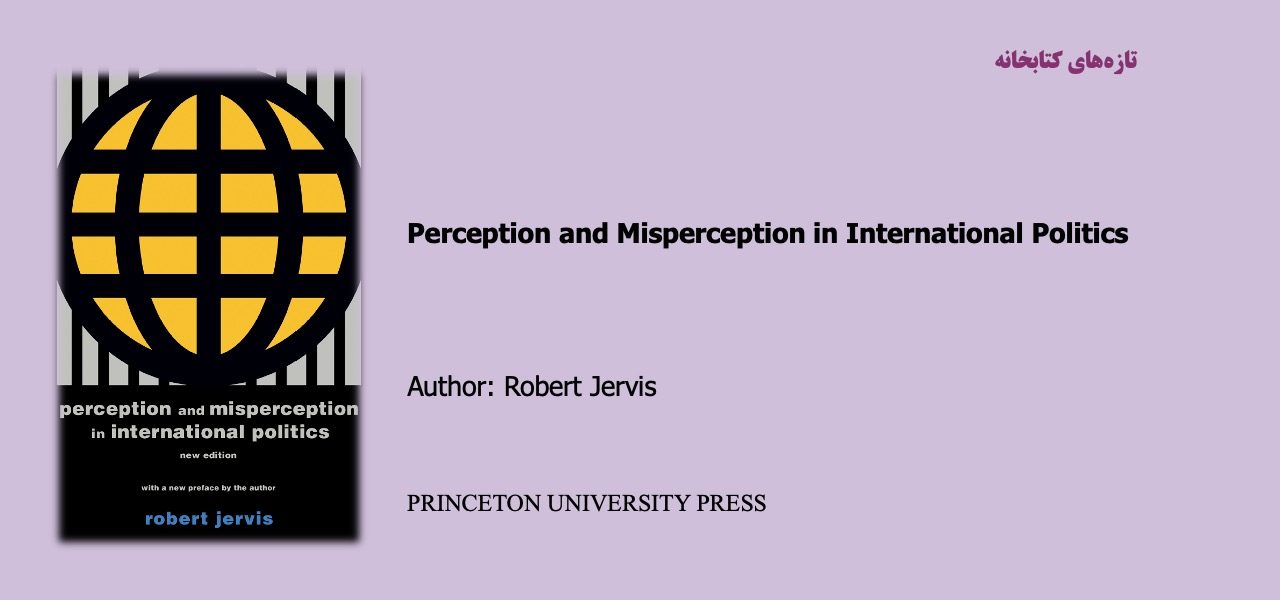Perception and Misperception in International Politics

the route by which I came to write Perception and Misperception was not straightforward. I did not start out to become a political psychologist, but rather approached the field as a critic of one aspect of it for reasons that go back much earlier. From my childhood, I was interested in international politics, or at least the international politics of the period, which was the Cold War. The central question was how to avoid the twin dangers of nuclear war and Soviet encroachment on American security and values. (Of course whether or not there was such a Soviet threat, which most of us took for granted, was hotly debated later and remains so.) Skipping ahead ten years, in college I came across Thomas Schelling’s Strategy of Conflict and Glenn Snyder’s Deterrence and Defense, which I found to be enormously exciting and intellectually stimulating.
They gave me many of the tools that I have used throughout my career.
Although these works do not figure heavily in Perception and Misperception, they bolstered my interest in the theory and practice of deterrence. As a budding proponent, I also followed the work of its critics, who argued that deterrence was fundamentally flawed and was a cause of the Cold War and the danger of a nuclear holocaust. Although advocates of this view could be found in several disciplines, they drew heavily upon psychology. They argued that the American policy produced a self-fulfilling prophecy: the United States misperceived the Soviet Union as aggressive and, by acting on this belief, led the Soviets in turn to view the United States as a grave threat, to build up their own forces, and to take every opportunity to press for a retraction of American power.
مطالب مرتبط

کتاب تمرین درمان شناختی – رفتاری برای مشکلات سلامت روان
۱ / اردیبهشت / ۱۴۰۴

درآمدی بر روانشناسی خرد
۱ / اردیبهشت / ۱۴۰۴

سرشت – چگونه سیمکشی مغزهای ما هویت ما را تعیین میکنند؟
۱ / اردیبهشت / ۱۴۰۴

